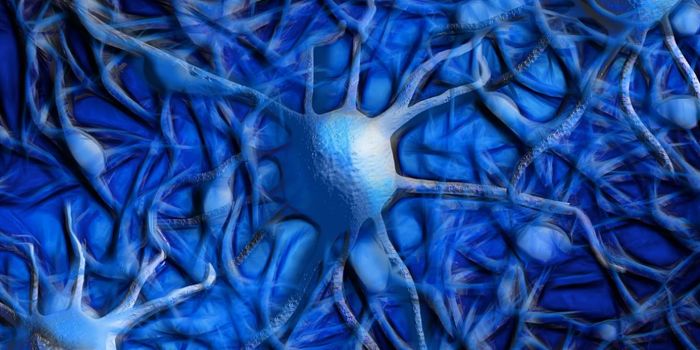Autism May be Linked to an Immune Disorder
Until now, diagnosis for autism spectrum disorder have relied on behavioral assessments looking for symptoms including poor social and communication skills, restricted interests and repetitive behaviors. This may soon change however, as scientists have discovered features in the immune system that may activate the disorder.
In a study published in Annals of Neurology, researchers have discovered the presence of cellular features that infer an immune response targeting certain brain cells in over two thirds of autistic brains analyzed postmortem. Previously unobserved in autism, may lead to new insights in autism’s origins, and eventually lead to better ways to diagnose the disorder as well as treatments.
In a study published in Annals of Neurology, researchers examined brains from the Autism BrainNet, a non-profit tissue bank. Upon their analysis, they noticed the presence of perivascular lymphocyte cuffs- a build-up of immune cells clustered around blood vessels in the brain. Although they have no previous link to autism, perivascular lymphocytic cuffing is known as an indicator of chronic inflammation of the brain, and is thus a common sign of a viral infection or autoimmune disorder (DiStasio: 2019).
To find out if these cuffs played a role in autism, the researchers then compared 25 autistic brains with 30 brains known not to have the disorder. With the controls selected to have approximately the same age and medical histories as the autistic group, they found that perivascular cuffing was present in over two-thirds of autistic brains, making it significantly more prevalent there than in neurotypical brains.
According to Matthew Anderson, the lead researcher of the study, “Investigators typically aim potential treatments at specific pathologies in brain diseases, such as the tangles and plaques that characterize Alzheimer's disease and the Lewy bodies seen in Parkinson's. Until now, we have not had a promising target like that in autism (Israel: 2019)."
In another set of experiments, the researchers found that the perivascular cuffs consisted of killer T-cells, a subset of immune cells known to attack and kill damaged cells in autoimmune diseases. As no evidence was found of viruses infecting the brains, the researchers suggested that when in autistic brains, these T-cells were either reacting normally to a pathogen such as a virus, or they were reacting abnormally to regular tissue- just as in an autoimmune disorder (DiStasio: 2019).
Anderson also said, “With this new research, we haven't proved causality, but this is one clue in support of the idea that autism might be an autoimmune disorder, just like multiple sclerosis is thought to be (Israel: 2019).”
Continuing this research, Anderson and his team are now working to develop a genetically-engineered animal model of this T-lymphocyte cuffing neuropathology to better understand its mechanisms, as well as its causes and effects. They also plan on searching for biomarkers- easily measurable traits found in patents’ urine, blood or other tissues, that may be used to identify these newly documented traits in living patients to assist diagnosis.
Sources
DiStasio, Marcello M.: Wiley Online Library
Israel, Beth: Medical Express









